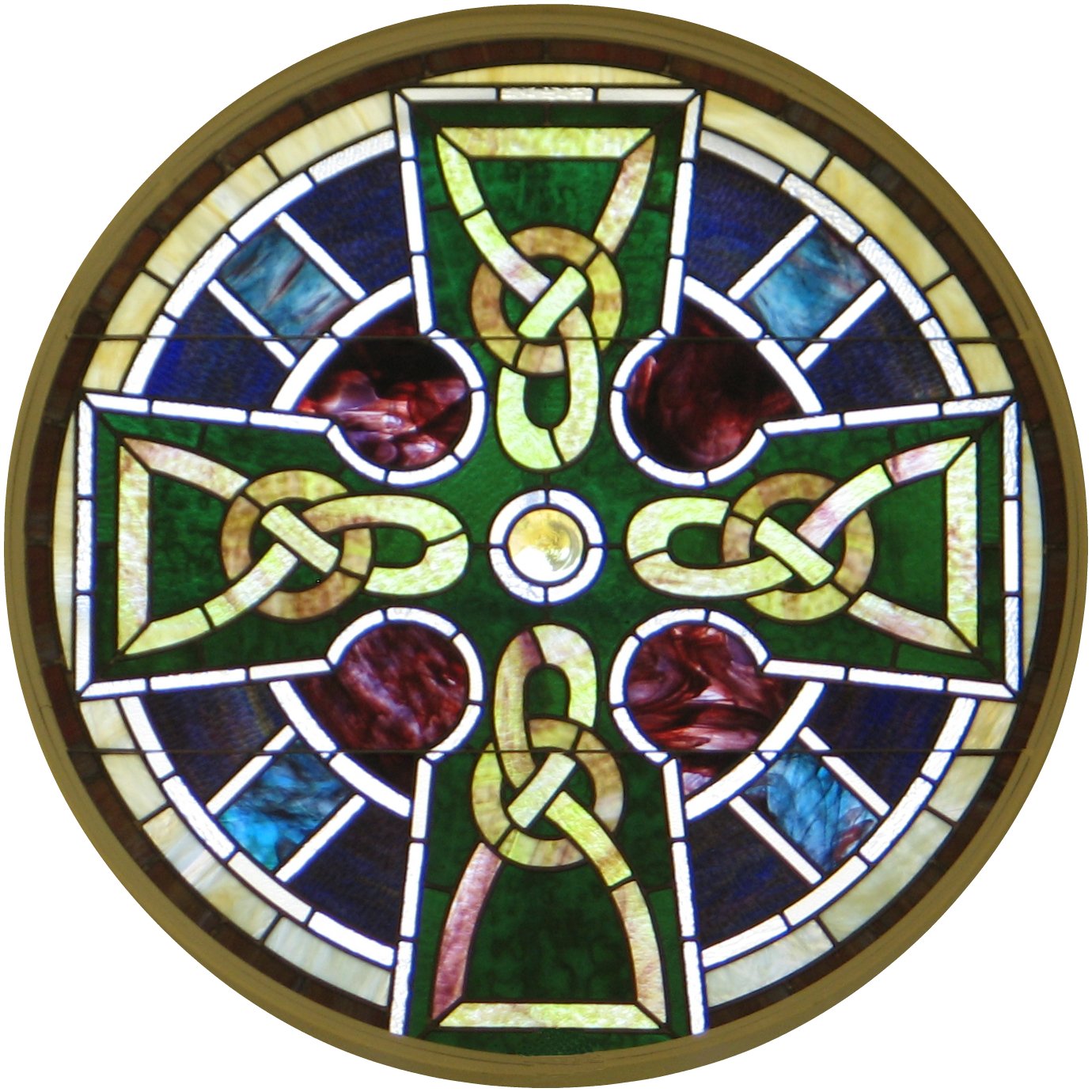Questions for Reflection
• A note from last week’s discussion about the language around Ruth’s encounter with Boaz on the threshing floor from Sex Texts from the Bible, translated and annotated by Teresa J. Hornsby. 1. Page 8. “Ruth comes out from hiding and stealthily uncovers his “feet.” Bible scholar Amy-Jill Levine makes a strong case that Ruth seduces Boaz here. She hides until the time is right, approaches him when he has reclined and is a bit tipsey, exposes his genitals, and then lies back and waits for him.” 2. Page 8 “ This is an odd euphemism that is not clear to translators. Some interpret “un/covering his feet” as urinating while others think he could be masturbating, defecating, or having sex.
Questions for Reflection
Set 1.
1. What in your life humbles you?
2. Do you embrace what lowers you or do you often find yourself trying to “fix” or “raise” the things in your life that you deem lowly, broken, weak?
3. What do you think of the seemingly contradictory messages to Israel about their relationship to foreigners?
4. What do you think of the urge to choose one or the other?
5. Why is it so difficult to hold the two in balance and approach life on a case by case basis? And how can God guide us in this, rather, how can we take our guidance from God? Does it require simplifying? Slowing down? Lowering expectations? Or…other ideas?
6. Judah did Tamar wrong by not allowing her to marry her deceased husband’s son and he himself ended up as her “husband.” Perez is the child of this coupling. Think about the other ancestors in the lineage of David and Jesus. What do they have in common with your own lineage?
Set 2.
1. Have you ever heard the story of Jephthah? You can read it in Judges chapter 11 and 12.
2. Do you think the story of Jephthah a caution against being too proud to “break a vow?”
3. Have you been in a situation in which doing the right thing by the “letter” was a betrayal of life and love?
4. Is there such a thing as being “too” good or “too” observant or “too” conscientious?
5. What do you make of the disappearance of the line of Jephthah and the fruitfulness of the line of Perez?
Set 3. One big question: When we experience the fallible and fragile in our lives, it can make the heart quiver. When we are found wanting, sinful, overly emotional, hard hearted, difficult, distant, “broken” in any number of ways it is hard not to feel so bad that we just want to FIX it.
Conversely, it can be so painful to SEE ourselves in these conditions that we simply fall into denial.
HOW can we hold ourselves open to God’s grace and God’s love so that God’s love and redemption can shine against the backdrop of our lives as they are?

